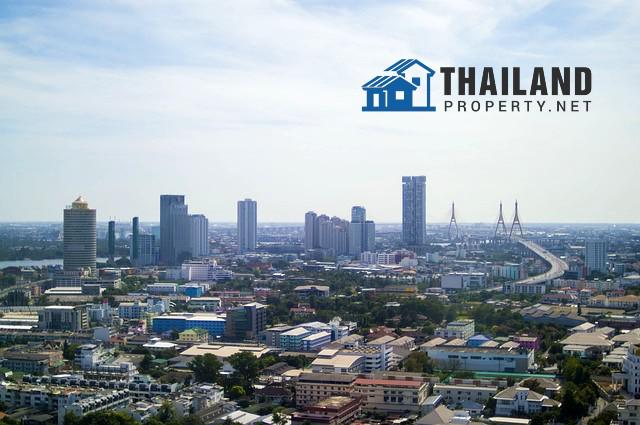
Thailand-property.net

Thailand-property.net
Thailand-property.net
Is the Thailand Real Estate Market Unstructured?
The property market of Thailand has a life of its own. Critics say there is a sense of isolation in the Thailand real estate market. There are also rules - or the lack thereof - that deviate from what you normally see in foreign real estate markets (i.e. absence of appraisal policies, transactions going haywire).
Unstructured Thai Property Market
Former CBRE property consultant Natthapon Asswisessiwakul shared his two cents about the structureless property market in Thailand. He built a real estate platform not too long ago that links sellers directly with property buyers through updated property information. The goal was to decrease inefficiency and adopt a more systematic approach to property buying and selling.
The Investor interviewed Asswisessiwakul and he cited the lack of accurate data: “The market structure for people to sell properties in Thailand is very poor. With no professionals, no transaction data, and no reliable platform to know the market, it is extremely hard to sell properties here.”
He created a platform to combat real estate data and expert scarcity in Thailand. In 2015, he launched ZmyHome, a data-driven real estate platform which later on evolved into a full-scale company under the same name. Asswisessiwakul sold his own properties and used the profits to fund this business.
Demand for Thai Properties
Although the property market in Thailand is still a little wild and untamed, Thai properties continue to attract large numbers of foreign investors, particularly those based in China, its administrative region Hong Kong, Japan and the United States.
Chinese investors contributed 1.25 billion USD to Thailand’s economy in 2018 according to data supplied by the Bank of Thailand. Foreign buyers are not taxed when they buy property in Thailand, which makes buying property in the country all the more appealing.
But what keeps foreign investors on their toes is the lack of reliable data. They are careful to invest in a market that can go hot to cold in a moment’s notice.
Increasing Household Debt in Thailand
Asswisessiwakul expressed support for the government’s new loan-to-value policies, designed to regulate and discourage debts.
According to the new LTV rules, second- and third-home buyers must respectively pay a down payment of 20 per cent and 30 per cent of the property price.
Asswisessiwakul said “this is the right way” as it prevents “a lot of speculation” in the market.
As of September 2018, Thailand’s household debt ratio comprised a disheartening 78 per cent of the country’s gross domestic product (GDP). It rose by 0.2 per cent towards the end of 2018, according to a report by the Bangkok Post.
Growing household debt derived mostly from auto and mortgage loans can cause financial instability.


 In limbo between a sluggish economy, growing household debt and excess supply, 2019 presented quite a challenge to Bangkok's ...
In limbo between a sluggish economy, growing household debt and excess supply, 2019 presented quite a challenge to Bangkok's ...  It seems this year will be a good one for Hua Hin's real estate market. SET-listed Charn Issara ...
It seems this year will be a good one for Hua Hin's real estate market. SET-listed Charn Issara ... 
